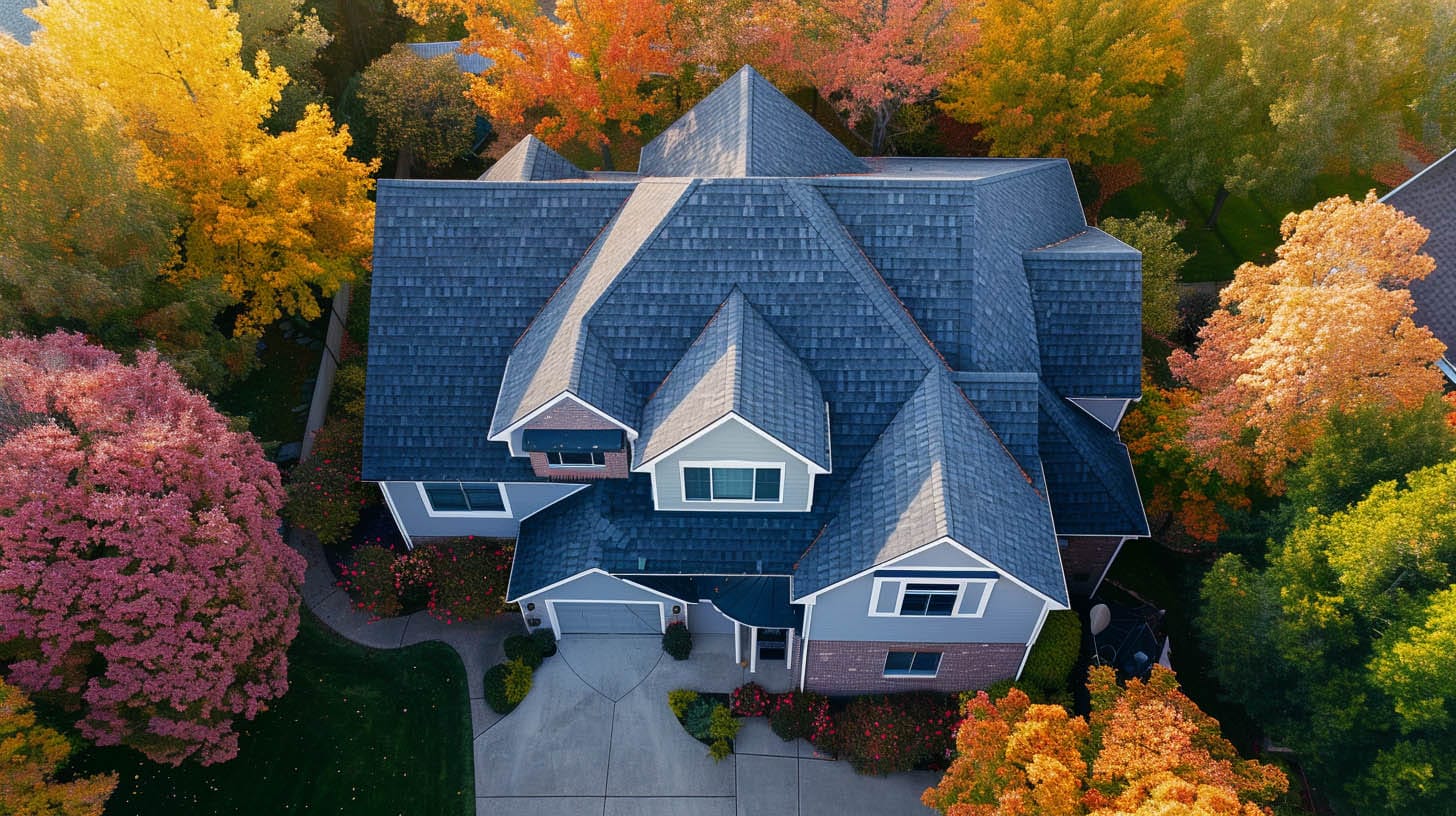
In the realm of home improvement and maintenance, the significance of roofing warranties cannot be overstated. These warranties stand as a testament to the durability and quality of a roofing system, offering homeowners peace of mind and protection against unforeseen defects or damages. With a variety of warranty types and durations available, it is crucial for homeowners to navigate these options wisely, ensuring their investment is safeguarded for the long haul.
Roofing warranties are categorized into two primary types: manufacturer warranties and workmanship warranties. Manufacturer warranties cover defects in roofing materials, ensuring that the shingles or roofing materials perform as expected. These warranties can vary significantly, with durations ranging from 20 to 50 years, depending on the material quality and brand.
Workmanship warranties, on the other hand, are provided by the roofing contractors and cover errors in installation. The length of these warranties can vary widely among contractors, but they are essential for homeowners as they ensure any issues arising from poor installation are rectified without additional costs.
The durability and longevity of a roofing system are directly influenced by the quality of materials used and the precision of the installation process. High-quality materials such as luxury asphalt shingles, metal roofing, or slate may come with longer manufacturer warranties due to their enhanced durability and life expectancy. Similarly, a roofing contractor like Teflon Roofing, located in Chambersburg PA, that emphasizes meticulous installation techniques and adheres to the highest industry standards, can offer more substantial workmanship warranties, reflecting confidence in the longevity and performance of their roofing projects.
When evaluating roofing warranties, homeowners should consider several key factors to make an informed decision. The climate and environmental conditions of the area can significantly affect the roofing material’s lifespan, thereby influencing the warranty length. Areas prone to severe weather conditions, such as high winds, hail, or extreme temperatures, may necessitate roofing materials with longer warranties for added protection.
Furthermore, the choice between different roofing materials and the specific warranty terms offered by manufacturers and contractors should align with the homeowner’s expectations for durability, maintenance, and budget. Engaging in thorough discussions with roofing professionals and reviewing warranty documents carefully can help homeowners understand the nuances of warranty coverage, including any limitations or exclusions that may apply.
Regular maintenance and timely repairs play a crucial role in upholding the terms of roofing warranties. Homeowners should adhere to recommended maintenance schedules, including routine inspections and addressing minor issues before they escalate. Failure to maintain the roof properly can void the warranty, leaving homeowners vulnerable to high repair costs. Therefore, understanding the maintenance requirements specified in the warranty agreement is vital for ensuring ongoing coverage and maximizing the roofing system’s lifespan.
The intricacies of roofing warranties demand careful consideration from homeowners looking to protect their investment in a roofing system. By comprehensively understanding the types of warranties, the factors influencing their length, and the importance of maintenance, homeowners can make strategic decisions that ensure long-term protection and value. Selecting reputable contractors who offer robust warranties and demonstrate a commitment to quality and customer satisfaction is essential for achieving peace of mind and securing a durable, high-performing roofing system.
Chambersburg, PA 17201
Open: 24/7
Contact Us Today
Copyright © Teflon Roofing